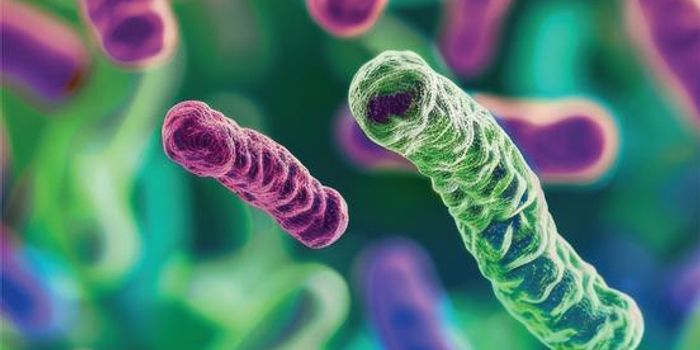How Diet and Gut Microbes May Impact Artery Health
Trillions of microbes in the human gut help us digest food and get nutrients. The so-called gut microbiome has a significant influence on many aspects of our health. When gut microbes break down foods like eggs or steak, the amino acids choline and L-carnitine are broken down into trimethylamine. The liver converts that trimethylamine to trimethylamine-N-Oxide (TMAO), which is then released into the bloodstream. New research has suggested that TMAO is causing damage to the arteries. The findings have been reported in the journal Hypertension. The researchers noted that it may also be possible to use dietary changes or therapeutics to prevent age-related artery decline.
"Our work shows for the first time that not only is this compound directly impairing artery function, it may also help explain the damage to the cardiovascular system that naturally occurs with age," said the first author of the study Vienna Brunt, a postdoctoral researcher in the Department of Integrative Physiology.
Previous work has established that people with higher blood levels of TMAO tend to die younger and are two or more times as likely to have a heart attack or stroke. This research has revealed a mechanism behind that finding.
In this study, the researchers measured TMAO levels in blood samples from 22 younger adults and 101 older adults and determined that TMAO levels get significantly higher as people age. Artery function was found to get worse as TMAO levels went higher. Adults with higher levels of TMAO also had a higher level of a biomarker that indicates oxidative stress, or damage in their blood vessels.
When young mice were given TMAO, the researchers observed that their arteries aged rapidly. "Just putting it in their diet made them look like old mice," said Brunt. She added that mice that are one-year-old, considered to be equivalent to a 35-year-old human, appeared more like aged 27-month-old mice (a human age of 80) after consuming TMAO for several months.
Higher TMAO levels may also be impacting memory and learning and may be related to cognitive decline in aging people.
The researchers may have also found a solution. When old mice were given a different compound called dimethyl butanol, their vascular problems began to reverse. This molecule, which is also found at trace levels in olive oil, red wine, and vinegar, may be stopping TMAO production. Brunt explained that everyone generates a little TMAO. However, consuming a large quantity of meat over time may be causing a problem.
"The more red meat you eat, the more you are feeding those bacteria that produce it," she said.
"Aging is the single greatest risk factor for cardiovascular disease, primarily as a result of oxidative stress to our arteries. But what causes oxidative stress to develop in our arteries as we age? That has been the big unkown. This study identifies what could be a very important driver," said the senior study author Doug Seals, director of the Integrative Physiology of Aging Laboratory.
The scientists are now assessing compounds that may prevent TMAO production. They also suggested that a plant-based diet can help keep TMAO levels in check.
Sources: AAAS/Eurekalert! via University of Colorado at Boulder, Hypertension









